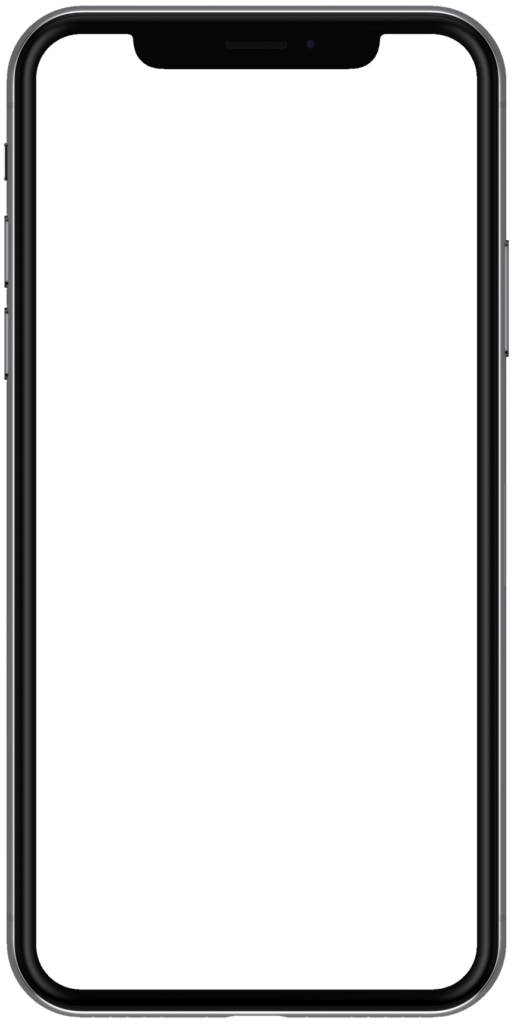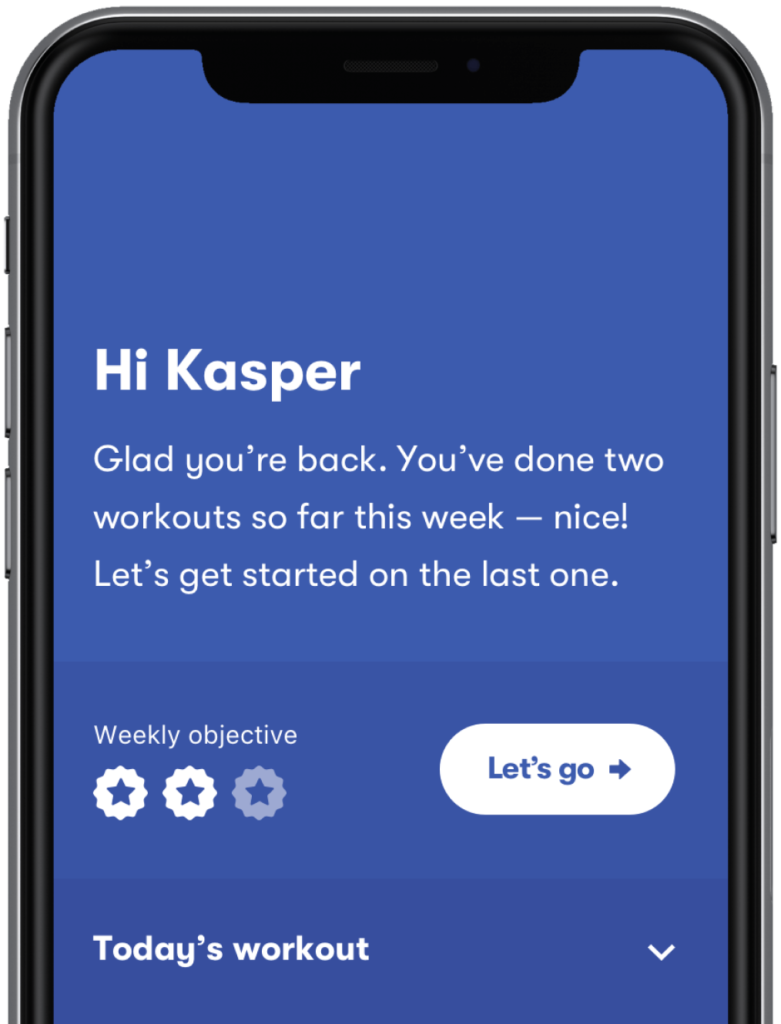What we learned from mistakenly using the c-word
Just over 3 weeks ago, on Tuesday, March 31st, my team and I were feeling proud and excited about the prospect of introducing our health app Injurymap to a lot of new people. We had just announced that we were going to grant free global access to Injurymap during the COVID-19 lockdown. We wanted to help offset the massive pressure that health care systems around the world are experiencing. And we wanted to help people with muscle and joint pain, for as long as non-critical care, including physiotherapy, was largely closed down.
We had put together a campaign team with four out of our six team members prepared to start working on relevant tasks. This included anything from prepping press releases to updating our social media profiles, changing CTAs on our website, or reaching out to partners who could help us signal boost our offer of free access. After our meetings, one team member suggested updating our app store profiles so anyone who considered downloading the app would quickly see that our services were now free. It seemed like a logical move, right? We decided to do it.
From the start, things were looking good. Our posts and emails were being received very well and most of our partners were up for helping us. And, we thought, we were only getting started…
Shut down by Google
Then, on Wednesday, April 1 (yes, that day) the unexpected, yet inevitable, happened. Google Play had shut down our app page, and now anyone who clicked their way onto the page found it saying “page missing”. Why? Google claimed we had violated their sensitive events policy. The sensitive events policy was created on March 31, the same day we launched our campaign, to prevent “content that potentially capitalizes on or lacks reasonable sensitivity towards a natural disaster, conflict, death, public health emergency, or other tragic events.”
In short, Google wanted to avoid companies profiting off of events like the COVID-19 outbreak. And they had taken measures to do so at the exact same time we launched our campaign.
Here is our addition to the Google Play description that got us suspended:
“Because of the coronavirus/COVID-19, Injurymap is now free for all new users until the 31st of May. We hope that it can help you treat your pain as many other options have sadly been shut down. All the best – and stay safe. The Injurymap Team.”
The shutdown of our services led to what can only be described as a momentary, full-blown panic within our team. Google Play accounts for about a third of our users and is a critical part of our distribution network. We had just lined up a major campaign involving all of our partners and prepared a large PR effort. All these activities we now decided to put on hold. And maybe worst of all, Google Play had blocked access to our developer account, which made us unable to update the app for existing Android users.
Also, adding to our anxiety, was the fact that when we quickly appealed, Google Play informed us (in an automated message) that under the current Coronavirus/COVID-19 crisis, they wouldn’t be able to tell us how long it would take them to handle our case.
We soon found out that Google was enforcing a company-wide policy against the use of the C-words (Coronavirus / COVID-19) in advertisements. Over the next few days, news came out that the policy slowly was about to loosen up. But everyone we talked to said that we should prepare to wait for a long time to get back on Google Play.
Before offering free access to the app, we thought we had done our homework. We had discussed it with a number of our most important stakeholders, including 5 doctors who prescribe the app on a daily basis. We decided to offer free access to the app because we believed it would enable us to widen our reach and positive impact during the crisis. That was the ultimate decision criterion.
But clearly, we hadn’t thought about how this could affect our relationship with the app stores, and now we found ourselves in an unexpected crisis.
Long story short, we desperately tried to get in touch with someone at Google who could escalate our case. We contacted anyone we knew who was a current or past Google employee, or who had a working relationship with Google. We underlined our status as a partner to the healthcare system (we have a network of +500 doctors) and pointed out that we were sincerely trying to help out.
Everyone we emailed was very friendly, but there was also no doubt that the handling of the Coronavirus emergency was a special situation for Google, and that ultimately, we depended on the Google Play reviewers to assess our case and let us back in.
On April 7th, we were back online, after 6 increasingly stressful and anxiety-driven days. Whether any of our outreach had any effect, we don’t know. But the relief was enormous when we were finally back on Google Play.
For those 6 days, all campaign activities were put on hold. It didn’t make sense for us to promote free access to Injurymap while the app was not available for ⅓ of potential users. But, with the Easter holidays starting in Denmark on April 9nd, it was very difficult to do a lot to pick up speed again until Tuesday 14th when our team (and most of our partners) would be back at work. Effectively, we had lost momentum for the first two weeks of our campaign.
Lessons learned
Should we have seen this coming? Honestly, I’m not sure. But in the future, we will have learned from this to be very cautious when handling our relationships with Apple and Google. And maybe Google will have learned something too? After all, we’re still convinced that the main reason why this occurred to us was that it was also a delicate situation for them. Despite their vast resources, even Google will struggle to quickly review and assess each mention of “COVID-19” manually. But they’re pretty good at optimizing their system, so maybe they’ll find a better way to handle this next time?
We hadn’t really thought about how our campaign would be received by our most important stakeholders – Google and Apple, who we critically rely on for distribution of the app. That was naive. Next time, we definitely will consider their reaction. And we think you should too if you are a tech startup trying to pitch in during a social crisis like the COVID-19 pandemic.
In any case, here is a short list of things to consider if you’re an app developer or startup that depends on any one of the tech giants (Apple, Google, Facebook, Amazon) for delivering your service.
- Remember that you’re a tiny fish in a VERY large pond. If you fail to comply with their policies, especially during a crisis situation, they will shut you down and sort it out later. That is risk management on their end, even if you got a million downloads and the best of intentions with what you are doing.
- Follow the news and tap into what other startups are doing as much as you can. Generally, it is hard to know what is allowed because giants like Google and Apple will very rarely help you sort out the specifics but always refer you to the general terms of their services instead. Make sure to seek out as much information as you can from sources other than the official guidelines.
- Look at it from their perspective and think logically about it. Could what you intend to do somehow be interpreted as clinching with their interests and image? Huge companies are very concerned about their reputation and they will go very far to protect it. If you’re trying to act during a situation of societal crisis, think carefully about how to do it, and in a way that is unlikely to be perceived as reflecting negatively on their reputation.
In our case, we were very unlucky that Google’s new policy was implemented on the same day as we launched our campaign, but still, we hadn’t done our homework. Honestly, we hadn’t properly considered the risk of Google or Apple closing down the app.
The shutdown of Injurymap came at a critical moment for us. We have learned our lesson. No doubt about it. At the end of the day, we just cannot afford to mess up our relationships with Apple and Google, and we will definitely be more mindful in the future.
NB: Following this epic tale of our Google Play meltdown, we’d like to end on a positive note. Despite issues with Google Play, we’ve seen a user growth of 300% over the last weeks, and that’s coming from all our onboarding channels, including our doctor network and, ironically… Google Search.


